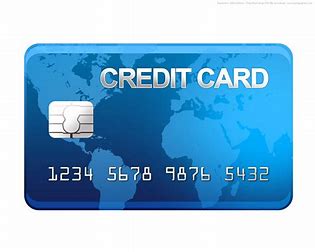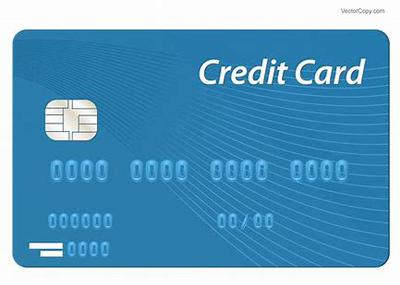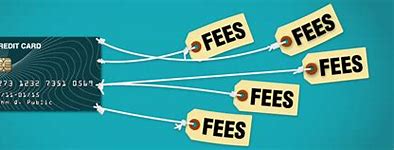- Home
- Questions and Answers
- Posting Negotiated Credit Card Debt
Business Invoice Paid By Personal Credit Card
I use QuickBooks. My boss paid a vendor invoice with a personal credit card which is also paid from the same bank account as the vendors. How do I post this to QuickBooks?
Comments for Business Invoice Paid By Personal Credit Card
|
||
|
||
Credit Card Charges Bookkeeping Question
(Cinti)
If I make a charge on my credit card in December 2021 but pay off the card with a check in January 2022, which tax year should the expense be deducted in, considering that I operate on a cash basis?
Comments for Credit Card Charges Bookkeeping Question
|
||
|
||
Credit Card Fees
Should Credit Card Merchant Fees be an expense, or put into Cost of Goods Sold account?
Comments for Credit Card Fees
|
||
|
||
Credit Card Transaction
I used a credit card to purchase goods but haven't received the invoice yet. It's month-end, and I need to close the books. I've made a journal entry to accrue the expense.
Is this the correct approach? How should I handle this situation, especially since it affects my credit card reconciliation, and I can't obtain the invoices?
Comments for Credit Card Transaction
|
||
|
||
Credit Cards
I am a new bookkeeper doing books for a new client that has not done any bookkeeping since she opened her business in April. This client received a business credit card and had it maxed out already. How is this entered into the business and what accounts do I use as it has to be paid off in payments?
Comments for Credit Cards
|
||
|
||
Merchant Credit Card Fees
When I receive a credit card payment of, let's say, $100. But the merchant credit card company only deposits into my account $97.50 due to deducting $2.50 for their fees.
In QuickBooks I enter the income as $100 and make a deposit into my bank of $97.50. The $2.50 is money I possess but it is a liability to the merchant company until they deduct that amount at the end of the month from my bank account.
When I make the actual deposit in QuickBooks it does not allow me to hold back and put $2.50 in an Expense account. Only into a Liability account until it is paid. How can I book it in QuickBooks as an Expense?
Comments for Merchant Credit Card Fees
|
||
|
||
Posting Negotiated Credit Card Debt
by Linda
(Austin TX)
My client had several credit cards that she negotiated a debt settlement. After I post the the final payment, how do I write off the balance?
Please subscribe to my monthly newsletter, Bookkeeping Basics E-zine. It tells you every month about the new information that I have added, including some great tips and advice from myself and other Bookkeeping Basics readers.
Like Bookkeeping-Basics.net?
- Home
- Questions and Answers
- Posting Negotiated Credit Card Debt















